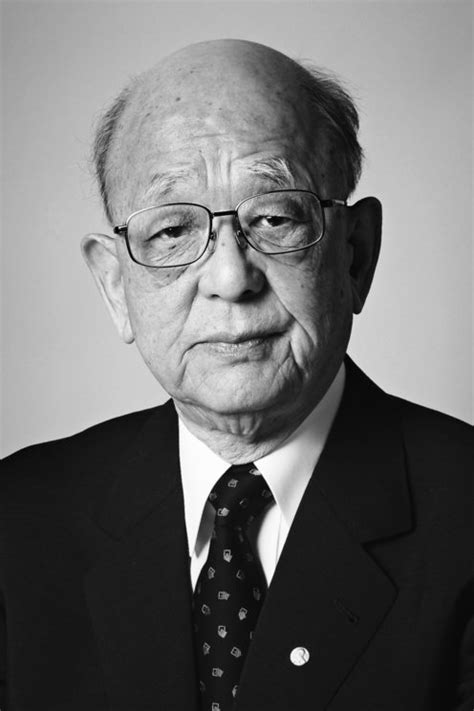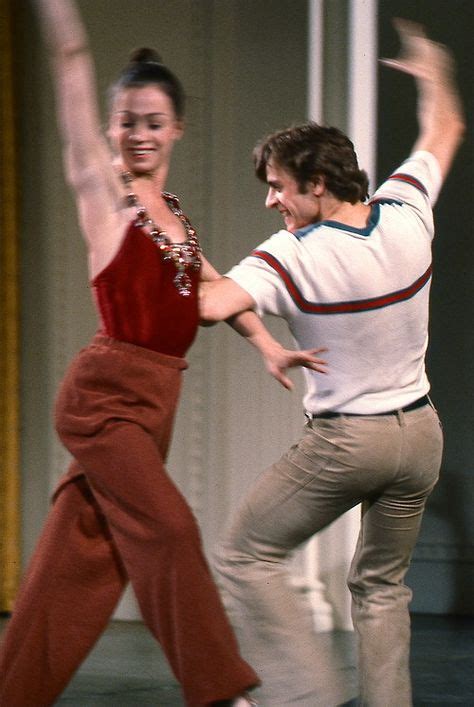A Quote by Melvyn Bragg
Like university science departments, the arts have shown how they can earn their way and point to an economically newborn future for this country. They show that the U.K. could be a prime provider of imaginative riches and intellectual adventure, which I think are the two great prizes of the 21st century.
Related Quotes
It is time to create new social science departments that reflect the breadth and complexity of the problems we face as well as the novelty of 21st-century science. These would include departments of biosocial science, network science, neuroeconomics, behavioral genetics and computational social science.
Including my nine years as a student, the majority of my life has been at Hokkaido University. After my retirement from the university in 1994, I served at two private universities in Okayama Prefecture - Okayama University of Science and Kurashiki University of Science and the Arts - before retiring from university work in 2002.
I have begun to feel that there is a tendency in 20th Century science to forget that there will be a 21st Century science, and indeed a 30th Century science, from which vantage points our knowledge of the universe may appear quite different than it does to us. We suffer, perhaps, from temporal provincialism, a form of arrogance that has always irritated posterity.
Patronizing the Arts is a brilliantly nuanced assessment of why universities must become art patrons. Learning from the twentieth-century university's embrace of Big Science, Garber argues that twenty-first-century universities must rigorously devote their attention to Big Art. Provocative, witty, and layered, Patronizing the Arts cogently demonstrates the advantages for both art and the university in this new and radical alliance.
I think the future is like anything else that's important. It has to be earned. If we don't earn it, we don't have a future at all. And if we don't earn it, we don't deserve it, we have to live in the present, more or less forever. Or worse, we have to live in the past. I think that's probably what love is - a way of earning the future.
Leadership is the great challenge of the 21st century in science, politics, education, and industry. But the greatest challenge in leadership is parenting. We need to do more than just get our enterprises ready for the challenges of the twenty-first century. We also need to get our children ready for the challenges of the 21st century.
Earlier this week ... scientists announced the completion of a task that once seemed unimaginable; and that is, the deciphering of the entire DNA sequence of the human genetic code. This amazing accomplishment is likely to affect the 21st century as profoundly as the invention of the computer or the splitting of the atom affected the 20th century. I believe that the 21st century will be the century of life sciences, and nothing makes that point more clearly than this momentous discovery. It will revolutionize medicine as we know it today.
































